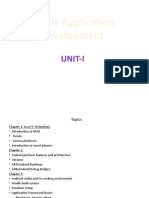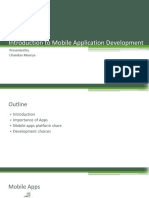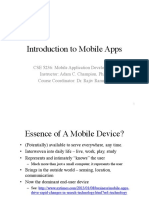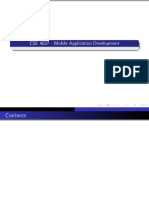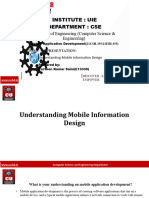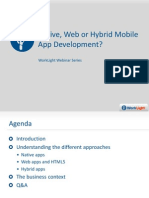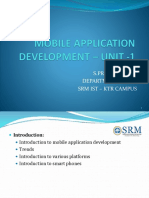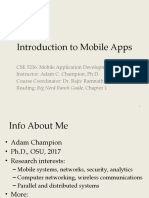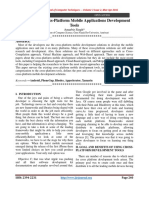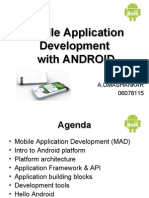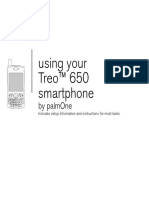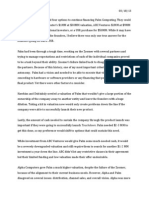0% found this document useful (0 votes)
41 views14 pagesFlutter Lecture Set - 01 (Mobile App Development)
The document provides an overview of mobile operating systems (MOS) and their market shares, highlighting popular systems like Android and iOS. It discusses different mobile app development options, including native, progressive web apps (PWA), and hybrid apps, along with their advantages and disadvantages. Additionally, it outlines various development technologies and environments for each app type.
Uploaded by
Anam MemonCopyright
© © All Rights Reserved
We take content rights seriously. If you suspect this is your content, claim it here.
Available Formats
Download as PDF, TXT or read online on Scribd
0% found this document useful (0 votes)
41 views14 pagesFlutter Lecture Set - 01 (Mobile App Development)
The document provides an overview of mobile operating systems (MOS) and their market shares, highlighting popular systems like Android and iOS. It discusses different mobile app development options, including native, progressive web apps (PWA), and hybrid apps, along with their advantages and disadvantages. Additionally, it outlines various development technologies and environments for each app type.
Uploaded by
Anam MemonCopyright
© © All Rights Reserved
We take content rights seriously. If you suspect this is your content, claim it here.
Available Formats
Download as PDF, TXT or read online on Scribd
/ 14











